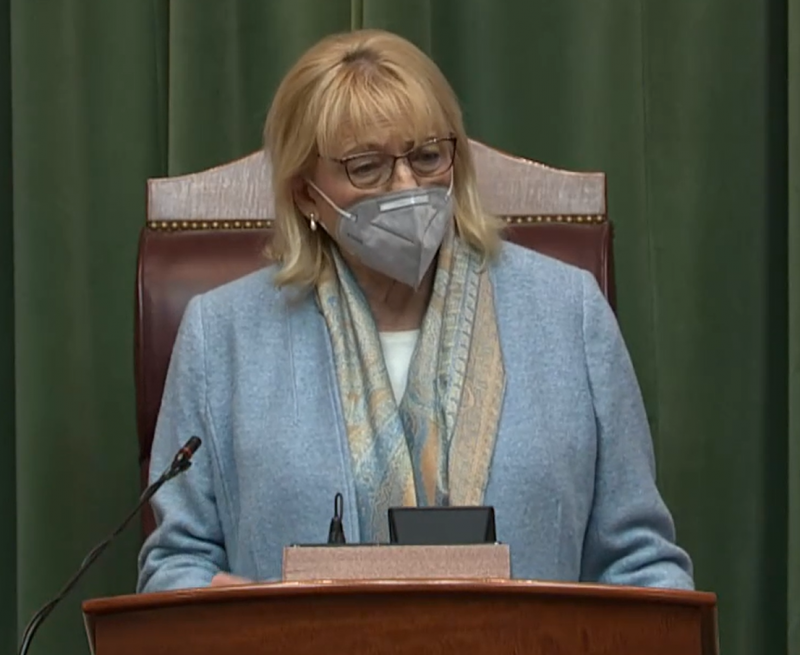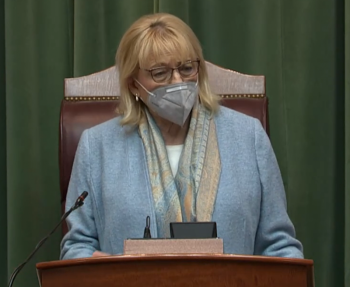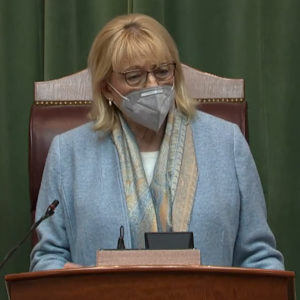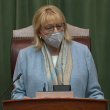Gov. Mills proposes increasing direct relief for Mainers amid inflation
AUGUSTA — Governor Janet Mills proposed Friday a change package to her supplemental budget that increases the amount of direct relief to Maine people in the face of inflation and, according to a news release, will strengthen Maine’s behavioral health system, bolster housing initiatives to fight homelessness, and advance the State’s effort to support farmers impacted by PFAS, among other initiatives.
The Governor’s change package proposes increasing the State’s relief checks to Maine people to $850 in the face of record high inflation and rising oil and gas prices caused by Russia’s invasion of Ukraine.
The Office of the Maine State Economist estimates that inflation will cost the average Maine person more than $560 this year than last, which includes an extra $260 at the grocery store and $300 for gas and home heating oil.
The Governor’s new proposal would return $1,700 in relief to the average Maine household.
“Inflation and increased oil and gas prices resulting from Putin’s invasion of Ukraine are hitting Maine people hard. This proposal will help Maine people grapple with these increased costs by putting money directly back into their pockets,” said Governor Janet Mills. “From direct relief to investments in behavioral health, this revised budget proposal helps Maine people through this difficult time, tackles pressing problems, and lays the foundation for strong economic growth. I know the Legislature shares my commitment to addressing these issues, and I look forward to working with them to pass this proposal as quickly as possible and in a strong bipartisan manner.”
The change package builds on the Governor’s commitment to tackling the state’s most pressing problems while also investing in solutions that will strengthen the state in the long-term, the release noted.
It comes after Maine’s nonpartisan Revenue Forecasting Committee upgraded the State’s General Fund revenue forecast by an additional $411.7 million for the current biennium, which ends June 2023, but takes a cautious, fiscally responsible approach, dedicating most of the surplus to one-time initiatives rather than ongoing spending, noting that the RFC has said the long-term revenue projections are “volatile and susceptible to significant downside risk” in the years to come.
“This proposal balances Maine's budget and delivers much-needed relief to Maine people in a way that protects both our citizens and the State’s fiscal stability against future economic downturns,” said Kirsten Figueroa, Commissioner for the Department of Administrative and Financial Services. “We will continue to act cautiously, delivering much-needed relief to Maine people and investing in long-term solutions while maintaining the State’s solid financial position.”





























